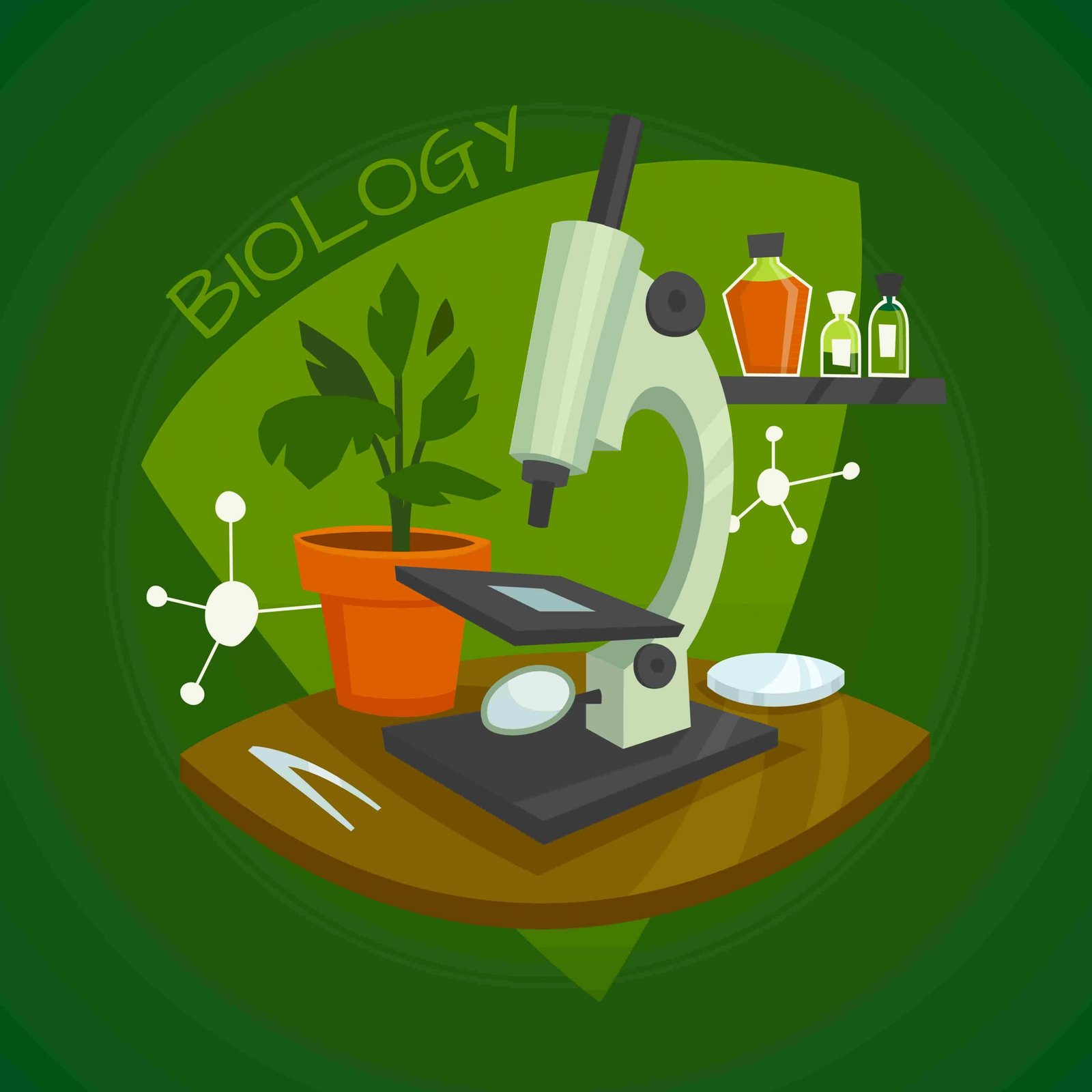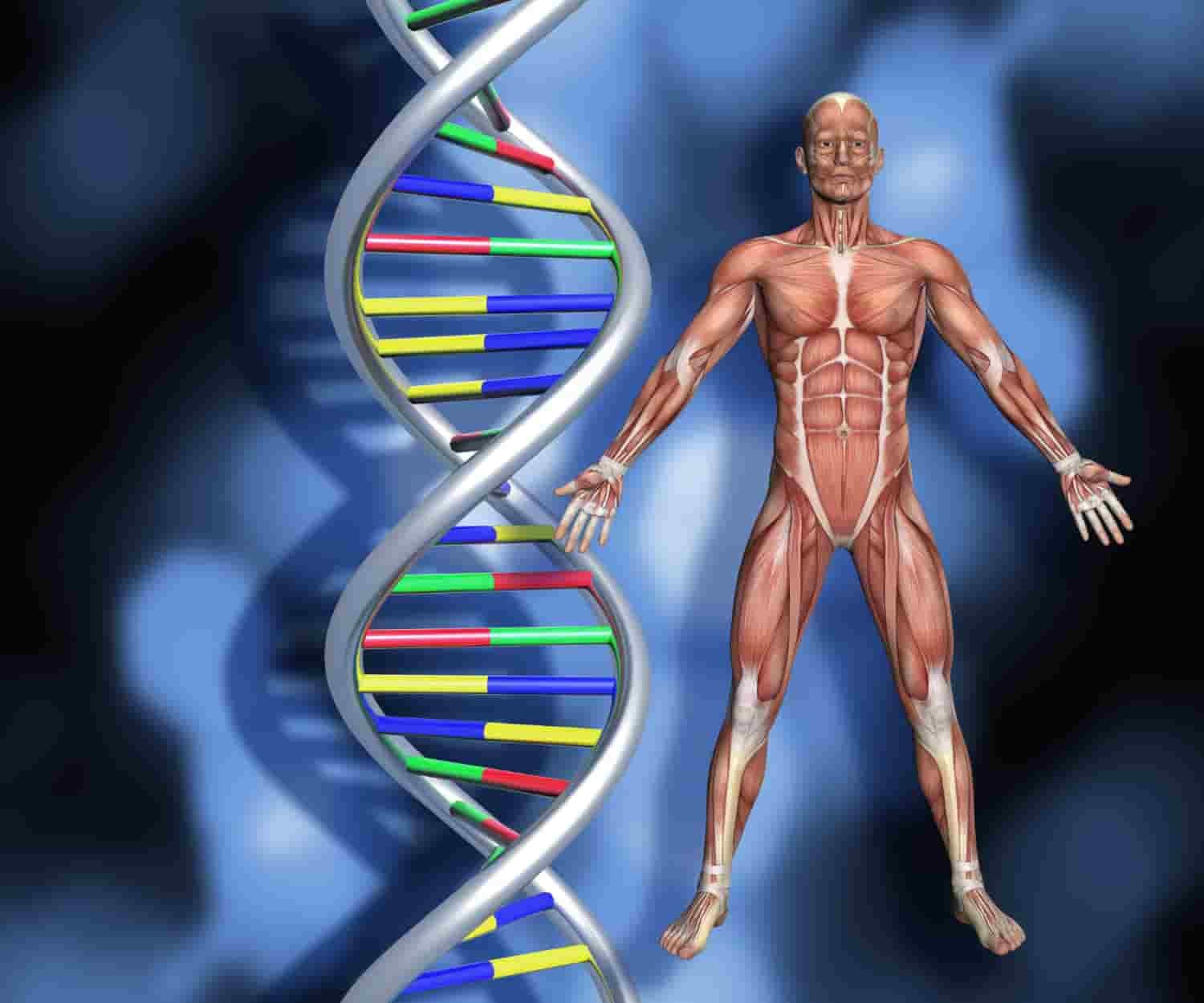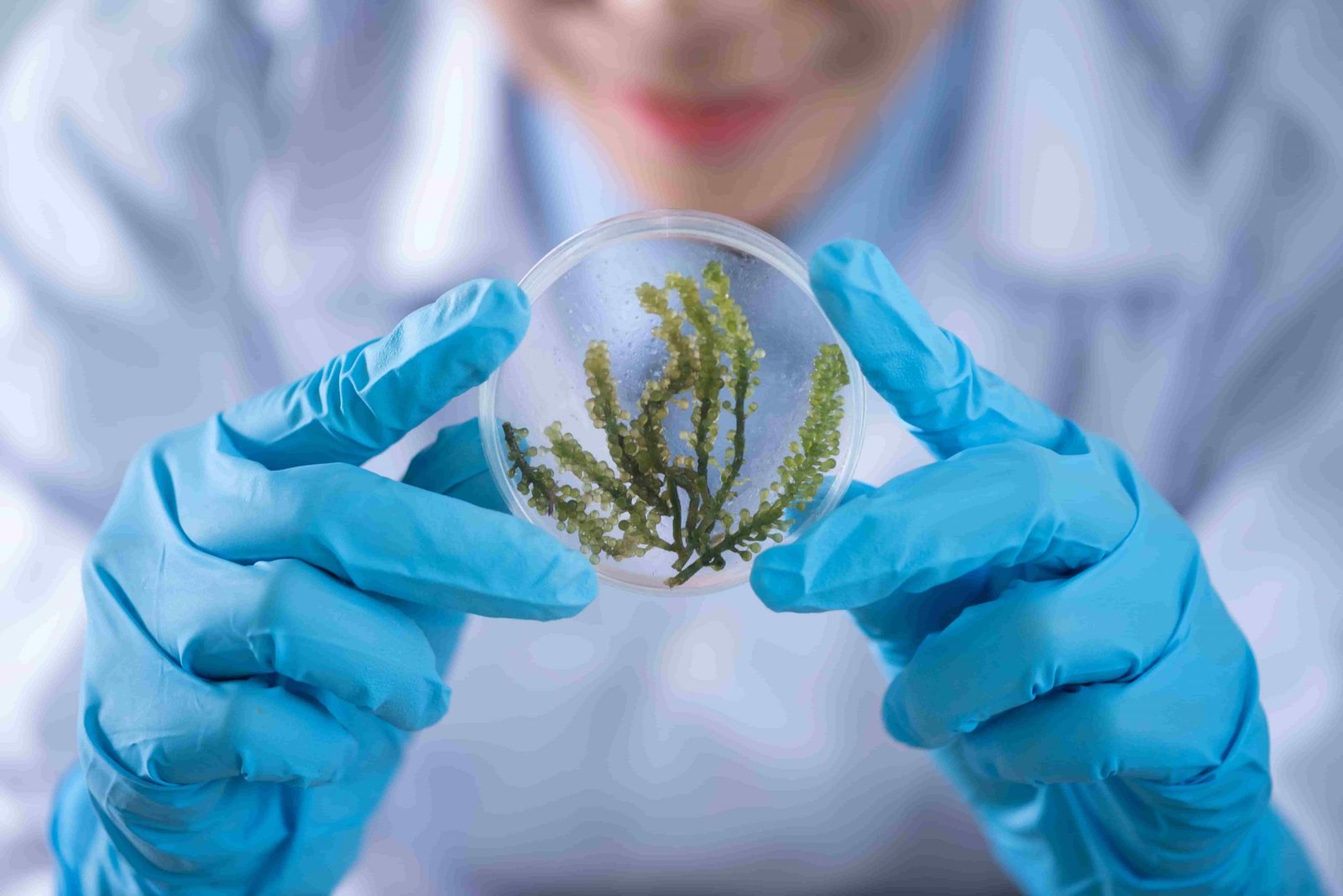
Have you ever wondered about the secret machinery of life? Well, that’s where biology comes in.
Understanding Biology: The Study of Life
Biology, derived from the Greek words ‘bios’ meaning ‘life’, and ‘logos’ meaning ‘study’, is the natural science that focuses on the study of life and living organisms.
Origin and Evolution of Life
Life on Earth is believed to have originated about 3.5 to 4 billion years ago. Through the process of evolution, species have adapted, evolved, and diversified into the plethora of life forms we see today.
Various Branches of Biology
Biology encompasses a broad spectrum, from the study of molecular structures in Biochemistry, to the vast diversity of life in Ecology.
Life Processes: The Fundamental Aspects of Biology
At the heart of biology are the life processes that govern the functioning of living organisms.
Cellular Processes
Cells are the basic building blocks of life. Cellular processes like respiration, reproduction, and growth keep life ticking.
Metabolism and Homeostasis
All living organisms maintain their internal environment through homeostasis and transform energy through metabolism.
The Molecular Basis of Life
Biology also delves into the microscopic world of molecules.
DNA, RNA and Proteins
These are the core molecules of life, carrying out vital functions from genetic inheritance to building the body’s structures.
Genes and Heredity
Genes are units of heredity, passing on traits from parents to offspring, shaping the continuity of life.
Biological Systems and Organisms
Life is a complex web of interconnected systems and organisms.
Biodiversity and Ecosystems
The diversity of life forms and their interplay forms the basis of ecosystems, with each species playing a unique role.
Human Biology and Health
Understanding human biology is crucial for maintaining health and developing medical advancements.
The Future of Biology
With technological advancements, the future of biology holds immense potential.
Biotechnology and Genetic Engineering
These fields are revolutionizing healthcare, agriculture, and environmental conservation, shaping our future.
Synthetic Biology
Synthetic biology aims to design and construct new biological parts and systems, potentially revolutionizing the field.
Conclusion
Biology is the science of life, crucial for understanding ourselves and the world around us. From the inner workings of cells to the complexity of ecosystems, biology provides insights that help us comprehend and appreciate the miracle of existence. As our understanding of biology continues to grow, so do the possibilities for improving human health, conserving biodiversity, and ensuring a sustainable future.
Frequently Asked Questions
- What is biology and why is it important? Biology is the study of life and living organisms. It’s important because it helps us understand our own bodies, the natural environment, and the living organisms we share the earth with.
- How does biology impact our daily lives? From influencing our health and diet to our understanding of climate change and biodiversity, biology deeply impacts our daily lives.
- What are the different branches of biology? Biology has many branches, including but not limited to: biochemistry, microbiology, cellular biology, ecology, evolutionary biology, and genetics.
- What are some future trends in biology? Future trends in biology include advancements in genetic engineering, synthetic biology, and personalized medicine.
- Why is ‘Biology for Life’ a relevant topic? ‘Biology for Life’ emphasizes the importance of understanding biological concepts and processes in relation to our everyday lives. It stresses the relevance and application of biological knowledge to societal issues, health, and sustainability.







